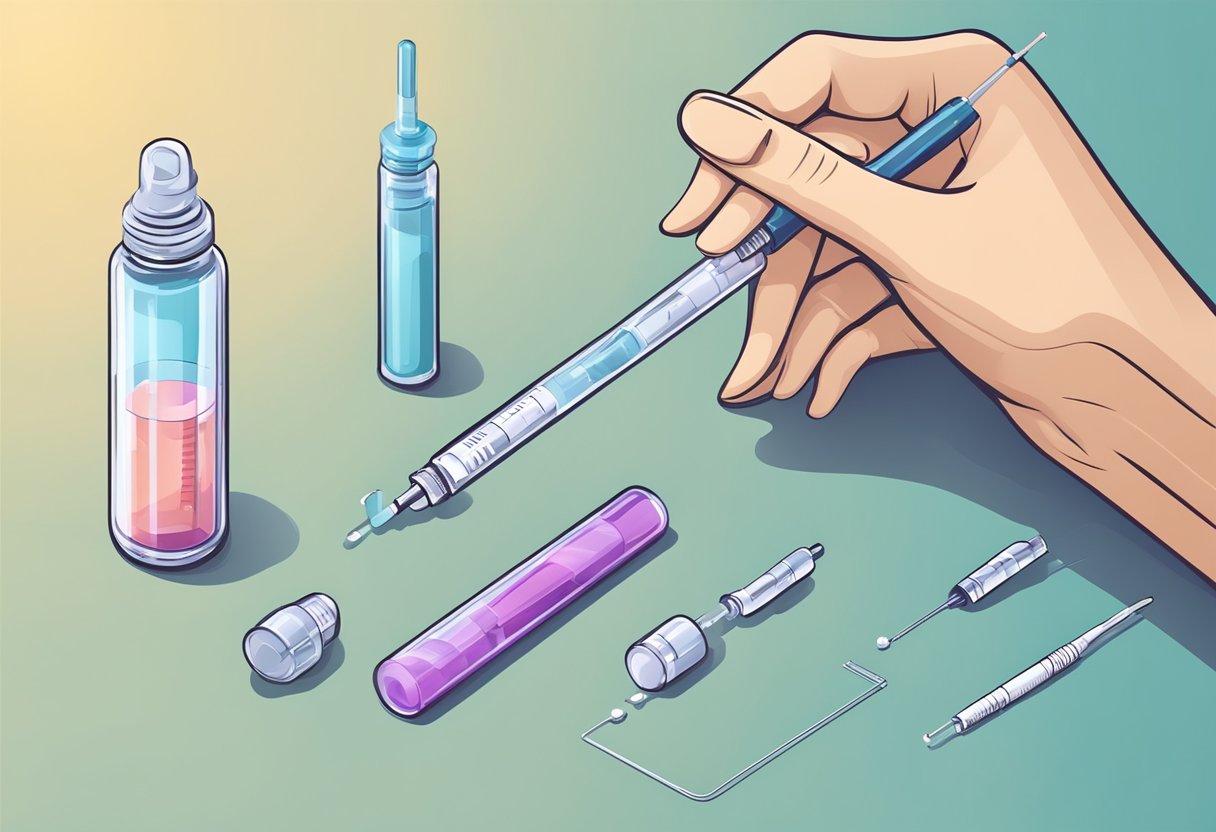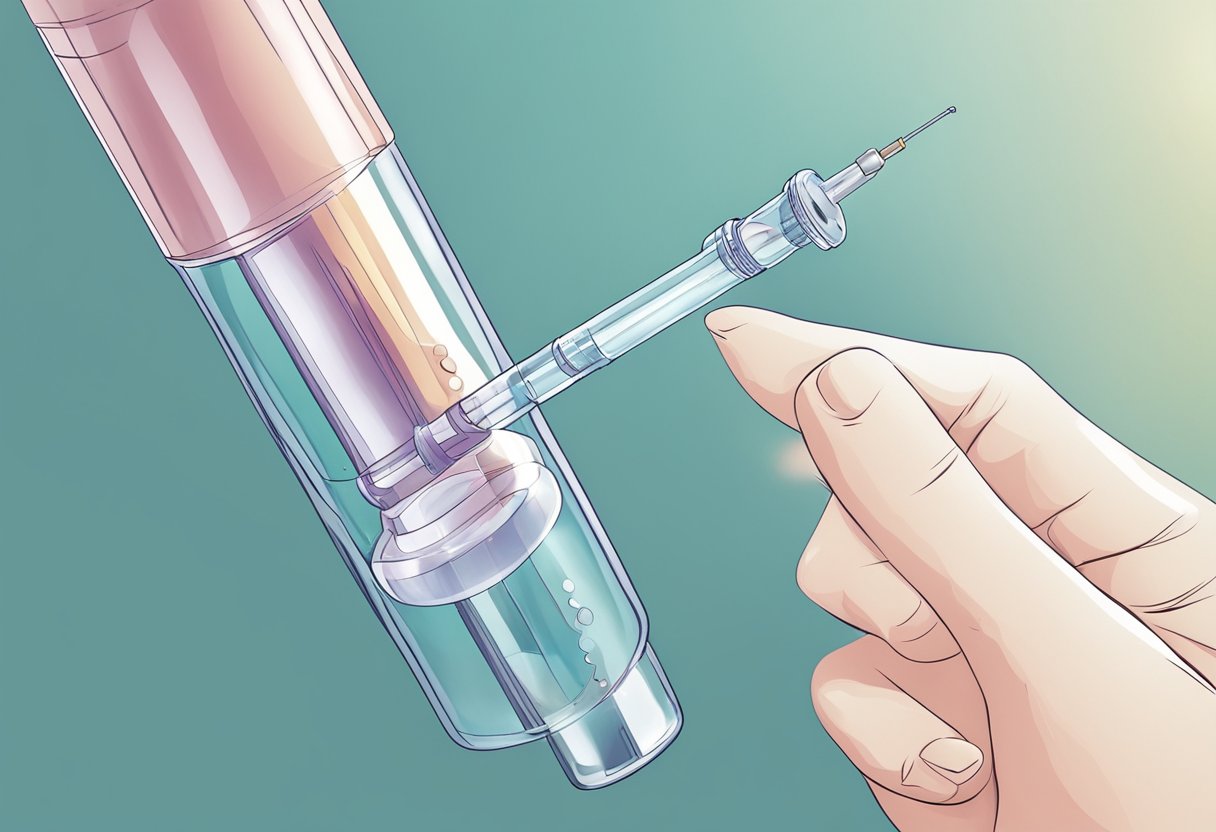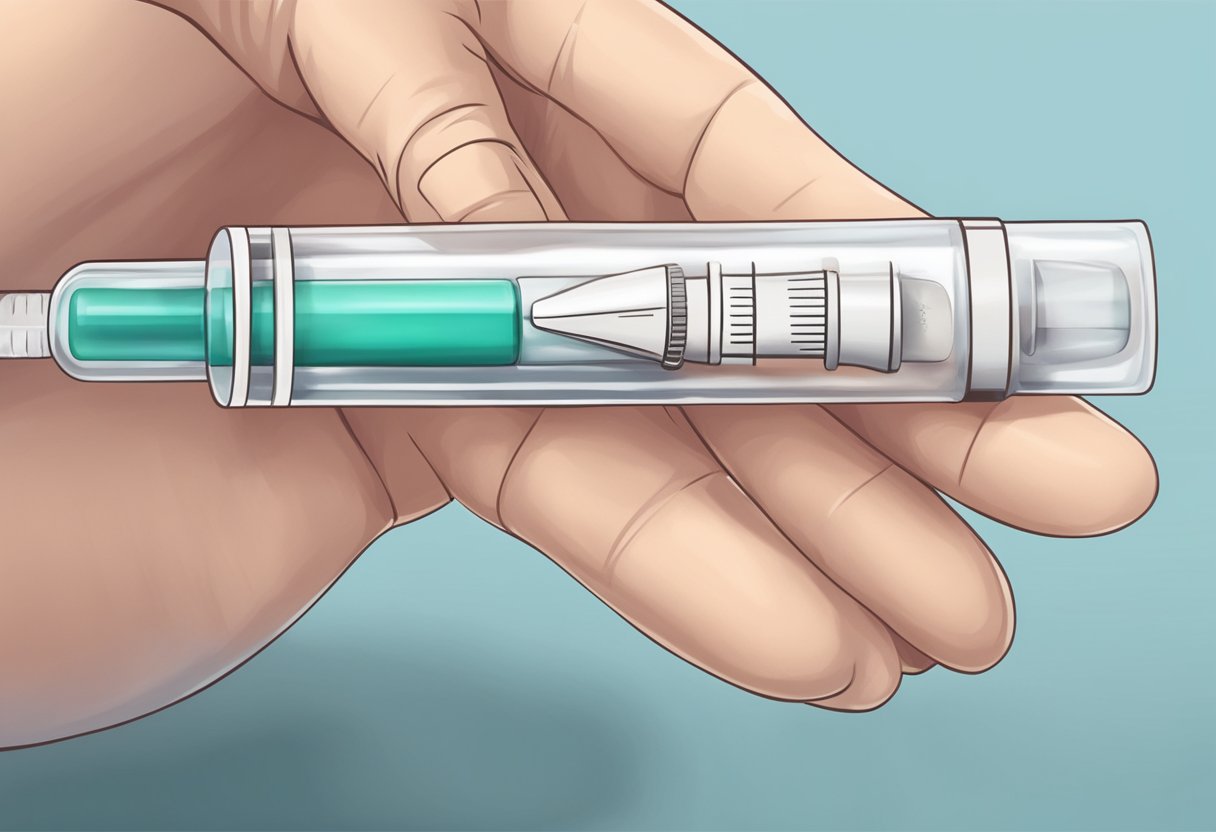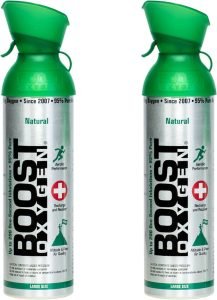Managing asthma involves various treatments to help control the chronic inflammation of the airways that characterizes the condition.
One such treatment is the use of “asthma shots,” also known as allergy shots or immunotherapy. These are designed for people with allergic asthma, a common form of asthma where allergens trigger asthma symptoms.
If your asthma cannot be well-controlled through medications and avoiding allergens, asthma shots may be a therapeutic option to consider.

Asthma shots work by modifying your immune system’s response to common allergens over time.
The process involves regular injections of small amounts of specific allergens, with the goal of desensitizing your body to them and ultimately reducing your asthma symptoms.
By reducing your sensitivity to allergens, asthma shots can potentially lead to fewer asthma attacks and a decreased need for other asthma medications.
However, you should discuss the commitment to a treatment plan, which can span several years, and the possibility of side effects with your healthcare provider.
Key Takeaways
- Asthma shots are a potential treatment for allergic asthma.
- They aim to desensitize the immune system to allergens.
- Treatment requires a multi-year commitment and consideration of side effects.
Understanding Asthma and Allergic Reactions
Asthma is a chronic respiratory condition characterized by airway inflammation and hyperreactivity, while allergic reactions are immune responses to normally harmless substances.
Together, they can define allergic asthma, where allergens trigger asthma symptoms.
Pathophysiology of Asthma
In asthma, your airways become swollen and can fill with mucus, leading to symptoms such as wheezing, coughing, and shortness of breath.
- Airway inflammation: Your immune system causes your airways to become inflamed, leading to narrowing and swelling.
- Hyperresponsiveness: The muscles around the airways react to triggers and tighten (bronchoconstriction).
Allergic Reaction Mechanism
When you encounter an allergen, your body’s immune system mistakenly identifies it as a threat. Specifically:
- IgE Production: Your immune system produces immunoglobulin E (IgE), antibodies that target the allergen.
- Mast Cells: IgE antibodies cause mast cells to release histamine, leading to allergy symptoms like itching, redness, and swelling.
In cases of allergic asthma, these allergens can prompt an asthma attack, necessitating effective management and possible immunotherapy for allergic asthma.
Asthma Shot Mechanism and Benefits

Asthma shots, a form of immunotherapy, offer a proactive approach to managing allergic asthma. They are designed to alter your immune system’s response to allergens over time, potentially reducing the severity of your asthma symptoms.
How Asthma Shots Work
Asthma shots target the underlying cause of allergic asthma: your body’s overreaction to specific allergens like pollen or pet dander.
Initially, you’ll receive a gradually increasing dose of the allergen in your shots. This incremental increase helps your immune system become desensitized to the allergen, a process that can lead to fewer asthma symptoms. It’s a maintenance treatment with a goal of long-term symptom control.
- Buildup Phase: You’ll get shots 1 to 3 times a week for about 3 to 6 months.
- Maintenance Phase: The dose is increased to its highest level, with shots given every 2 to 4 weeks for another 3 to 5 years.
This careful titration is critical as it allows your immune system to adjust without causing a significant adverse reaction.
Advantages of Asthma Shots
The key benefits of asthma shots for those with allergic asthma are their long-term effects in reducing asthma symptoms and medication dependency. By targeting the immune response, these shots can:
- Reduce asthma symptoms: You may find that you cough and wheeze less often.
- Lower medication use: Over time, you might not need as much asthma medication.
- Improve quality of life: With fewer symptoms, your day-to-day life could be less affected by asthma.
Remember, while asthma shots can be highly beneficial, they require a sustained commitment over several years to reap the full benefits. The time and effort you invest could lead to a more allergy-resilient immune system.
Asthma Shot Treatment Plan

Asthma shot treatment plans are tailored to individual needs, often involving an initial phase of building tolerance followed by a maintenance phase. Deciding to stop the shots is based on your response to treatment.
Assessment and Initial Phase
Before starting an asthma shot, also known as immunotherapy, your doctor will perform a thorough assessment of your medical conditions and asthma severity.
This can include skin testing or blood tests to identify the specific allergens that trigger your asthma.
During the initial phase, you will receive injections with increasing amounts of these allergens. The goal is to gradually desensitize your immune system.
Typically, allergy shots are given once or twice a week for about 3 to 6 months.
Maintenance Phase
Once the effective dose is reached, you’ll enter the maintenance phase. The injections will become less frequent, usually every 2-4 weeks.
It’s crucial that you maintain this schedule to build long-term tolerance. This phase may last for 3-5 years.
Over time, you may notice a significant reduction in your allergy and asthma symptoms, as well as a decreased need for asthma medicine.
Decision to Stop Taking Shots
After several years of maintenance treatment, you and your healthcare provider will discuss the decision to stop taking shots.
If you’ve seen significant improvement in managing your asthma, or if you’ve experienced severe asthma attacks or other adverse effects, discontinuation might be considered.
The decision to stop will also factor in how well you’ve been able to manage your asthma with other treatments and if your quality of life has improved.

Check out Boost Oxygen Large Natural Aroma 10 Liter Canister
Possible Risks and Side Effects
When considering asthma medication in the form of allergy shots, you should be aware of the possible risks and side effects.
These can range from minor discomforts to severe allergic reactions. It’s important to discuss these potential reactions with your healthcare provider before starting treatment.
Minor Adverse Effects
Common Side Effects:
- Pain or discomfort at the injection site
- Redness and swelling at the injection site
- Itching around the injection area
These are typically mild and resolve within a short time after the injection.
Severe Allergic Reactions
Rare but Serious Reactions:
- An allergic reaction to the allergen in the shot, potentially leading to a severe asthma attack
- Symptoms of a severe allergic reaction may include difficulty breathing, hives, and swelling of the face, throat, or tongue
- Anaphylaxis, a life-threatening emergency that requires immediate medical attention
The risk of a severe allergic reaction to an allergy shot is low, but it is crucial to receive shots under medical supervision.
Conclusion

Immunotherapy for asthma and allergies, often referred to as asthma shots, can adjust your immune response to allergens over time. For those with allergic asthma, the goal is to achieve a reduction in symptoms and possibly lessen the dependence on other medications. Treatment can extend up to five years.
You may experience common side effects such as itching, redness, or swelling at the injection site. These are typically local reactions and are considered a standard aspect of treatment. However, stay vigilant for any unusual reactions and consult with your healthcare provider if they occur.
- Commitment: A long-term treatment strategy
- Side Effects: Usually minor and local to the injection site
- Goal: Reduce allergic response and reliance on medications
If you’re considering allergy shots as part of your asthma management plan, consult with an asthma specialist to understand how allergy shots might fit into your overall treatment plan. It’s essential to weigh the benefits against the time and effort required. Also, consider how allergy shots may work with other therapies you may be using. Your healthcare provider can help you navigate these considerations and make an informed decision.


